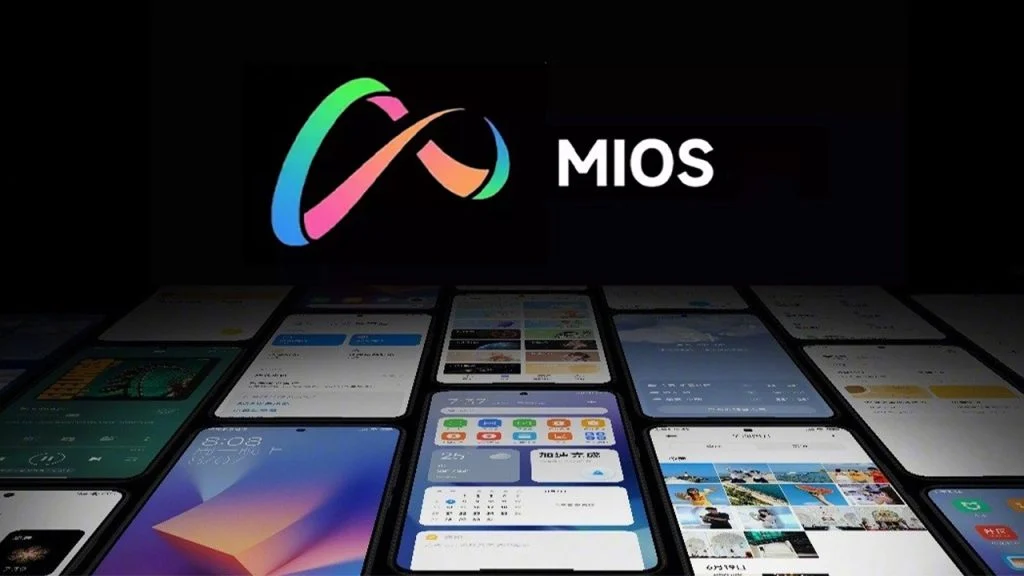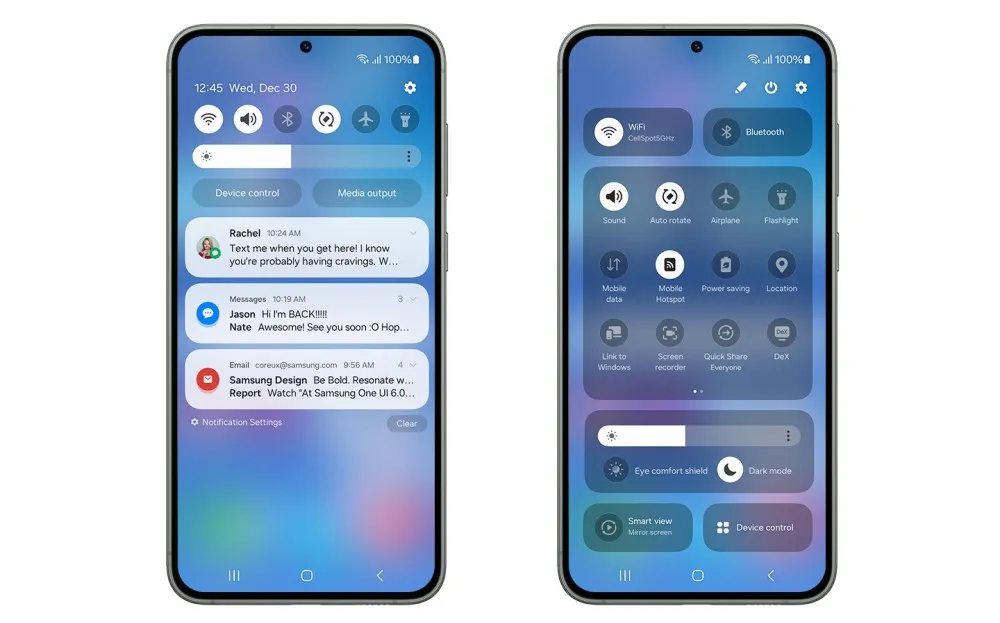Google's forthcoming mobile operating system, Android 15, is anticipated to introduce satellite connectivity capabilities for text messaging, as revealed in the most recent Android 14 beta by Mishaal Rahman from Android Authority.
In the latest Android 14 beta, Google unveiled a novel "Satellite Messaging" section. This section suggests that users with qualifying mobile accounts may soon have the ability to "send and receive text messages via satellite." Once this feature becomes available, users can opt in by utilizing a designated button.
Potential T-Mobile Collaboration
While the beta page does not explicitly name a provider, clicking on the "More" button directs users to a T-Mobile page. This implies that T-Mobile could be involved in providing this functionality within Android 15.
Leveraging SpaceX Technology
T-Mobile has previously partnered with SpaceX to enhance connectivity in cellular black spots through satellite technology. SpaceX has deployed its "Direct to Call" satellites capable of supporting all LTE phones. Therefore, it is plausible that Google's upcoming Satellite Messaging feature will leverage this cutting-edge technology.
The feature appears to cater to both routine communication needs and emergency scenarios. Nevertheless, there might be delays in message delivery and restricted coverage in specific regions, as highlighted on Google's page. Additionally, signal quality could be impacted by weather conditions and physical obstructions.
Satellite SOS Functionality
Google is also developing a "Satellite SOS" function, potentially in collaboration with Garmin Response, a support center equipped to aid users during challenging emergencies. This emergency feature will be exclusively reserved for critical situations and will also support text messaging.
Though these specifics have not been officially verified, Google is actively exploring satellite-enabled connectivity for Android devices. The integration of satellite connectivity could significantly expand communication options for Android users, particularly those frequently confronted with poor cellular reception areas.



